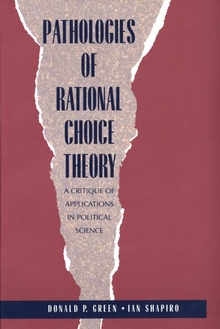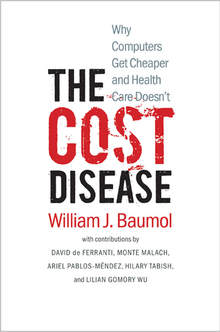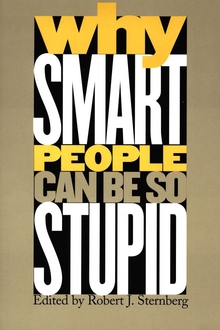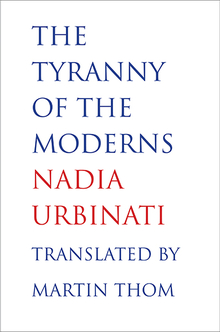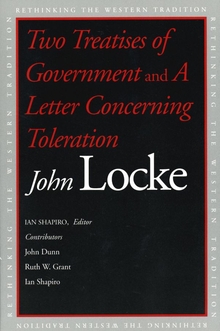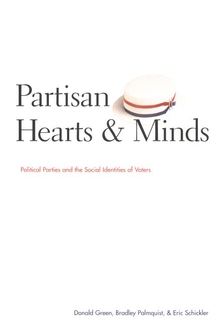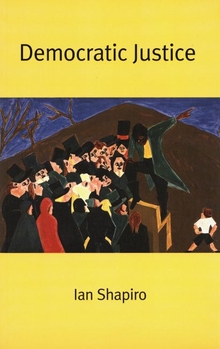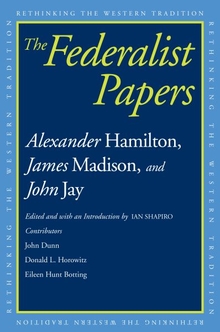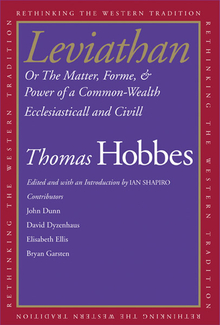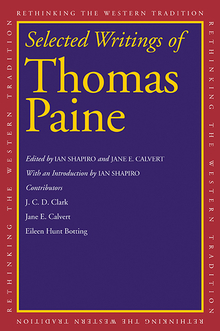Pathologies of Rational Choice Theory
WARNING
You are viewing an older version of the Yalebooks website. Please visit out new website with more updated information and a better user experience: https://www.yalebooks.com
A Critique of Applications in Political Science
Donald Green and Ian Shapiro
"This is the first serious critique of the rational choice school of political science. Donald Green and Ian Shapiro demonstrate that, half a century after its founding and despite its promise of creating a parsimonious, rigorous, and universally applicable political science, the rational choice school has little to show by way of empirical confirmation of its grand hypotheses. In coping with these disappointments, its proponents have engaged in a shell game of efforts to defend their claims of rigorous science, universal applicability, and superiority to all other explanatory theories. Green and Shapiro puncture these pretenses in their masterful treatments of the rational choice literatures dealing with such major themes as voter turnout and behavior, interest groups and 'free-riding,' and legislative behavior and spatial theories of party competition. They suggest a limited and constructive role for theories of the rational choice genre."—Gabriel Almond, Stanford University
"This is a most thought-provoking book, and I am looking forward to seeing responses from leading rational choice scholars. Green and Shapiro shift the debate in political science toward the issue of empirical explanation. That is exactly where the discussion ought to be centered!"—Theda Skocpol, Harvard University
"Books on the methodology of the social sciences tend to be hard going and in the end to yield results whose utility is incommensurate with the effort required to arrive at them. This book is a welcome exception. Green and Shapiro write with lucidity, grace, and even on occasion wit. Unlike many critics of rational choice theorizing, they are sympathetic to its explanatory aspirations. Their critique focuses on the adequacy of the explanations offered in the rational choice literature. Drawing on a wealth of examples, they show that all too often writers are content to have offered an explanation in rational choice terms of some phenomenon without going on to ask if this explanation is sounder than the alternatives that might be offered. I think that Green and Shapiro underestimate the importance of the rational choice approach in generating good questions (for example, prompting curiosity as to how collective action comes about), but their work should help to ensure that such questions are more sharply posed in future."—Brian Barry, London School of Economics and Political Science
"A book that both advocates and opponents of rational choice theory should read. These are intelligent scholars offering a thoughtful critique of a paradigm that has become increasingly dominant in American political science."—Margaret Levi, Political Science Quarterly
"With this book Green and Shapiro have touched upon a very important topic not only for political science, but for the social sciences in general. They have to be applauded for their well-written and systematic study of rational choice theories and the range and impact of the book's empirical application."—Peter van Roozendaal, European Sociological Review
"[This book] contains a critique of rational-choice theories of politics that deserves to be taken seriously, and it highlights a range of problems that must be addressed if the future of rational theory is to be as prosperous as its recent past."—Peter Hedström, Theory and Methods
Publication Date: September 10, 1996

